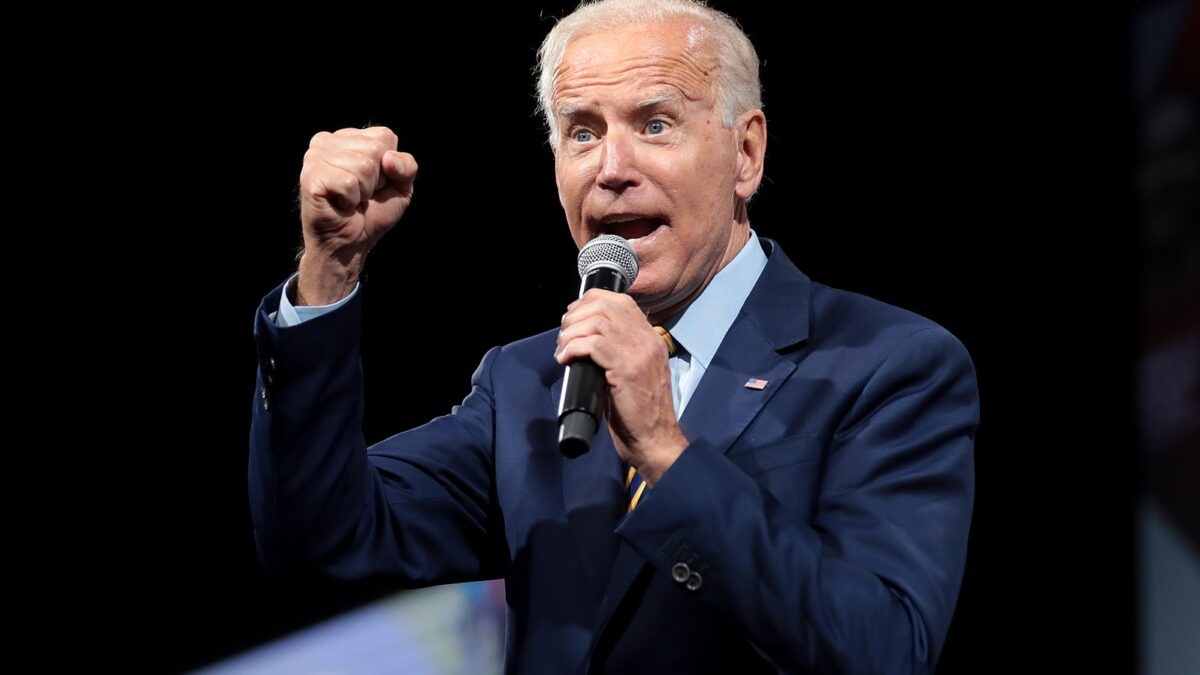
Three days after the election, my wife and I were shopping at the Fairway Market in Red Hook, Brooklyn. For those unfamiliar with it, Fairway is a less corporate, more co-op version of Whole Foods, offering pretty produce and exotic cheeses that don’t come cheap. The mood in the store was glum. As in most of Brooklyn, people stared ahead, moving slowly, still in shock from the political earthquake of Tuesday night.
After getting our Brazilian Arabica ground for drip (I know, I should really use a French Press), Libby and I walked towards the organic maple syrup. That’s when it started. I suppose there had been music playing in the store, but I hadn’t noticed until a familiar guitar lick pierced the air and a soft voice said, “Turn it up.”
Libby and I both stopped and looked at each other. “Seriously?” said my wife, a very disappointed Clinton supporter. She started gripping her soft Tomme Crayeuse a little too hard. By the time Ronnie Van Zant’s drawl started in with “Big wheels keep on turnin’,” everyone in the store was standing in shock. Brows were furrowed, people mumbled to each other. The song seemed to get louder as one of those New York moments happened, when everyone was thinking the exact the same thing.
A woman in her fifties, wearing a Love Trump Hates button, turned to her Brooklyn-bearded husband and said loudly, “This is unbelievable!” She found the nearest store clerk, a young woman in a green apron who was staring up at the ceiling, looking for the invisible speakers blaring this message from the other America. “This is so inappropriate,” the woman said. “Can we turn this off?”
The City of Homes, Cafés, and Clinton
Brooklyn was the epicenter of the Clinton campaign. Throughout the summer and fall in Brooklyn Heights, you could see young staffers near the campaign headquarters: expensive coffee in hand, eyes bright, ready to tackle the future. Cafés turned into phone banks, where you could buy a croissant and make a few calls to flyover country. Buttons, banners, and bumper stickers were everywhere.
As the election grew near, confidence was overflowing. A big victory was on the horizon for Lena Dunham and the new Brooklyn. This ground zero for upscale progressivism was ready for a party; white male supremacism was about to be crushed beneath a professional high heel.
Fittingly, perhaps, the only exception to Clinton mania in Brooklyn was in the southern part of the borough. In Dyker Heights and Bensonhurst, big trucks could be seen with “Hillary for Prison” and “Make America Great Again” detailed on their back windows. This is not the Brooklyn of “Girls” or “The Slap.” It is the Brooklyn of “Blue Bloods,” the home of cops and firemen, plumbers and construction workers immune to the appeal of a President Clinton. These are people who listen to Skynyrd, and not ironically.
Everything Old Is New Again
I couldn’t stop laughing as the Fairway patrons tried to continue shopping with “Sweet Home Alabama” blasting in the background. And in retrospect, the moment was a perfect encapsulation of a very old fight within America
The song itself was written in response to two songs by Neil Young: “Southern Man,” and “Alabama.” It was 1974, and as the Civil Rights era faded into history, the South and Southern rock was reasserting pride in their culture and way of life.
Last year, “Garden and Gun” talked to Gary Rossington, the last surviving member of Lynyrd Skynyrd, about the creation of the song. He said:
“Neil Young had “Southern Man,” and it was kind of cutting the South down. And so Ronnie just said, We need to show people how the real Alabama is. We loved Neil Young and all the music he’s given the world. We still love him today. It wasn’t cutting him down, it was cutting the song he wrote about the South down. Ronnie painted a picture everyone liked. Because no matter where you’re from, sweet home Alabama or sweet home Florida or sweet home Arkansas, you can relate.”
For his part, Young would eventually agree that he had painted the South with too broad a brush. In his 2012 autobiography “Waging Heavy Peace,” Young would write, “My own song ‘Alabama’ richly deserved the shot Lynyrd Skynyrd gave me with their great record. I don’t like my words when I listen to it. They are accusatory and condescending, not fully thought out, and too easy to misconstrue.”
If “accusatory and condescending” sounds familiar, it should. Along with being called deplorable, Trump’s supporters (of which I was not one) have been treated in a way that is rare in American politics, and deeply troubling. The campaign that emerged from Brooklyn didn’t just attack the politics of people who don’t live in big cities. It attacked their entire way of life, and promised it was dying.
Ignoring It Doesn’t Make It Go Away
When the angry older woman with the anti-Trump button asked the clerk to turn off the song, the younger woman looked at her sympathetically and said, “I don’t know how.” In that moment, something seemed to click.
Of course, this woman thought that “Sweet Home Alabama” could just be turned off. After all, we can block out things we disagree with. We can unfriend people on Facebook, block them on Twitter, and decide not to let their negativity be a part of lives. For many progressives, this is the key to wellness.
But turning off Skynyrd doesn’t make it go away. Somewhere in the land where the stars still shine, it plays on, whether you hear it or not. The shock and despair in Brooklyn over Hillary Clinton’s unfathomable defeat comes in no small part because her denizens refused to hear the rumblings of an America they chose to ignore.
Just like a hillbilly band rocketing to the top of the national charts, Donald Trump has awakened the right sort to the fact that they do not control everything. For Trump and his supporters, the protests and challenges to the Electoral College should be seen as another victory. Not only did they win, they are being heard—even in Brooklyn.








